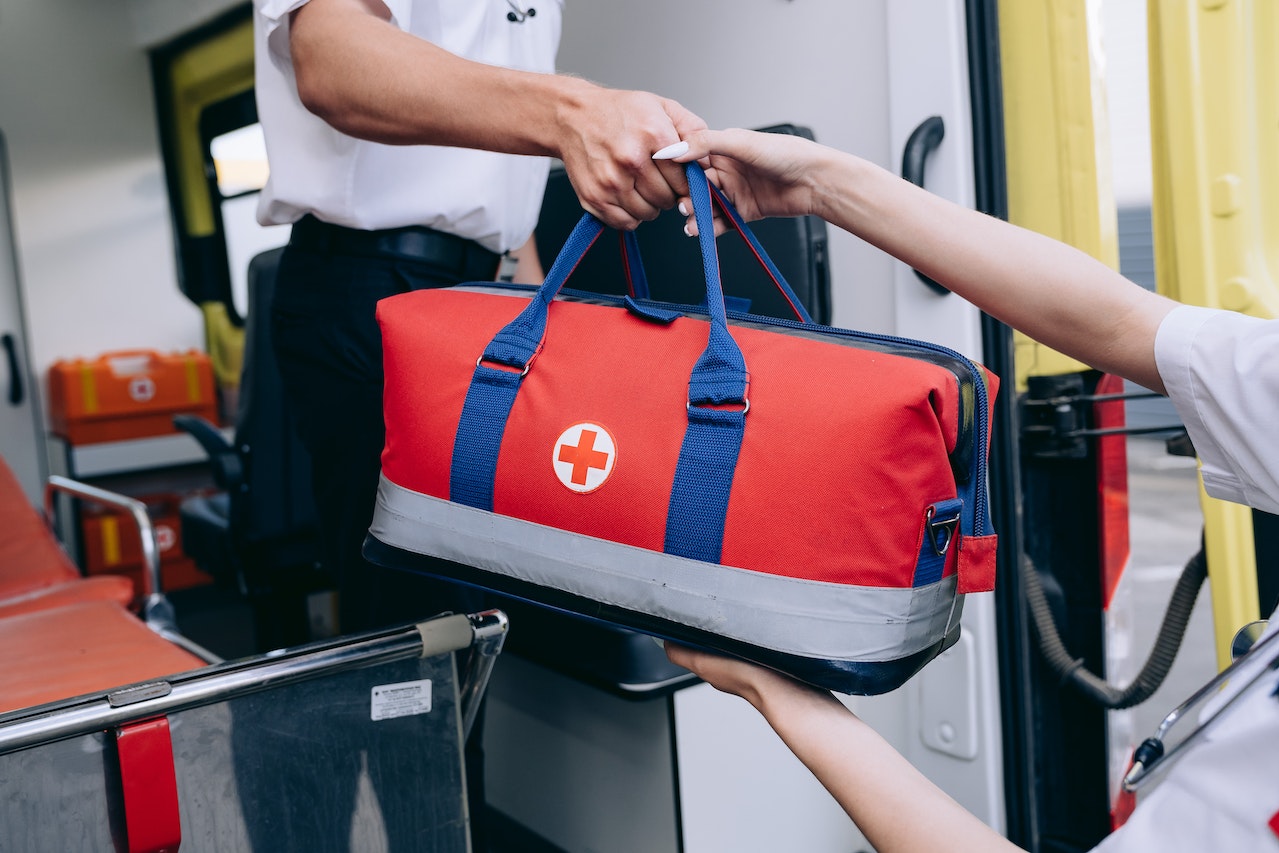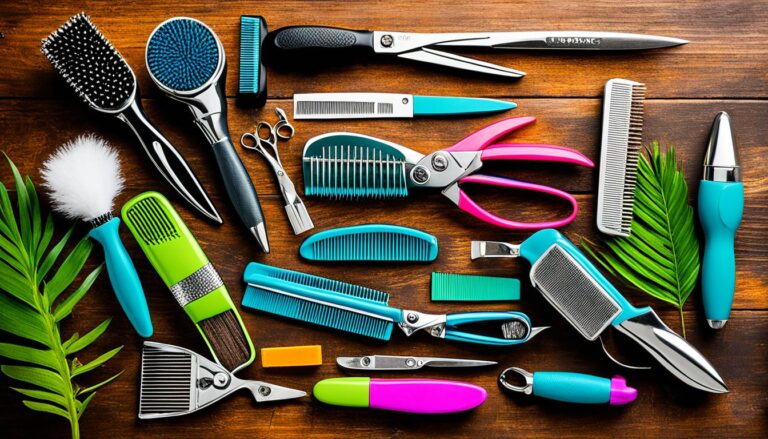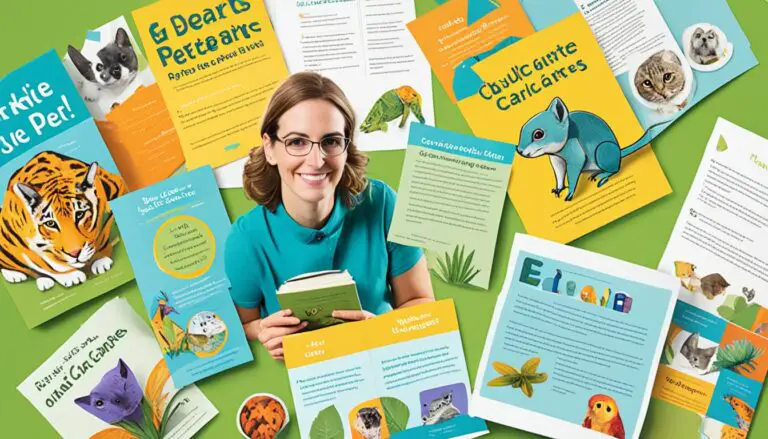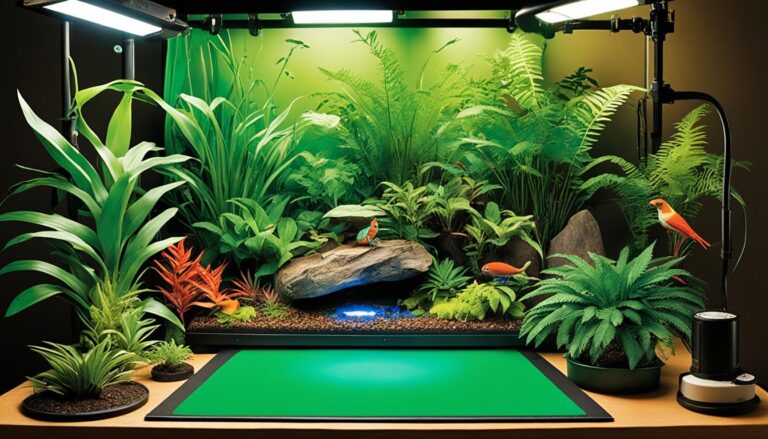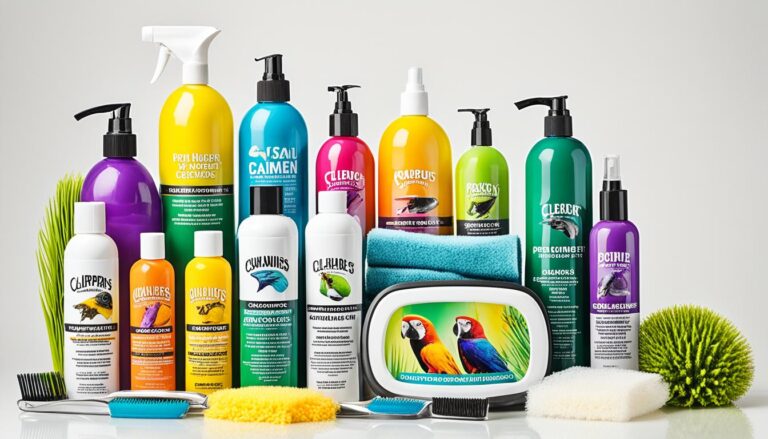DIY Exotic Pet First Aid Kit: Essential Supplies & Safety Tips
As a responsible exotic pet owner, it is crucial to be prepared for any health emergencies that may arise.
One of the most vital tools you can have in your arsenal is a well-stocked first aid kit specifically designed for your exotic pet.
In this detailed article, we will guide you through the process of creating a DIY exotic pet first aid kit that will help you handle minor injuries and health issues promptly.
Key Takeaways:
- Creating a DIY exotic pet first aid kit is crucial for providing immediate care in case of minor health issues or emergencies.
- Essential items for the first aid kit include gauze pads, bandages, antiseptic solution, scissors, tweezers, antibiotic ointment, antihistamine, digital thermometer, syringes, and needles.
- Choose a sturdy and waterproof container to store the supplies, and regularly check and replenish the kit to ensure its readiness.
- Familiarize yourself with common health issues in exotic pets and recognize emergency situations that require immediate veterinary attention.
- Learn basic first aid procedures for wound care and medication administration, but know your limits and seek professional help when necessary.
- Consult a veterinarian for proper diagnosis, treatment, and guidance in handling exotic pet health issues.
- Keep the contact information of an exotic pet veterinarian readily available.
- Prioritize the safety and well-being of your exotic pet and always act in their best interest.
Why is a First Aid Kit Important for Exotic Pets?
Exotic pets, such as reptiles, birds, and small mammals, have unique health needs that differ from those of traditional pets like cats and dogs.
They require specialized care and attention, which includes having a properly equipped first aid kit.
Having a first aid kit readily available can be the difference between a minor issue and a life-threatening situation for your beloved exotic pet.
Essential Items for an Exotic Pet First Aid Kit
Basic Supplies
- Sterile Gauze Pads and Bandages: These are essential for covering wounds and applying pressure to control bleeding.
- Antiseptic Solution: Use an appropriate antiseptic solution to clean wounds and prevent infections.
- Scissors and Tweezers: These tools are handy for cutting bandages and removing splinters or foreign objects.
Medications
- Antibiotic Ointment: This can be applied to minor cuts and abrasions to prevent bacterial infections.
- Antihistamine: In case of allergic reactions, an antihistamine can help reduce symptoms such as swelling and itching.
Tools and Equipment
- Digital Thermometer: Monitoring your pet’s body temperature is essential, as abnormal readings can indicate underlying health issues.
- Syringes and Needles: These are useful for administering medications and fluids as directed by a veterinarian.
Storing and Maintaining the First Aid Kit
To ensure the effectiveness of your DIY exotic pet first aid kit, it’s crucial to store it properly and regularly check and replace expired items.
Choosing the Right Container
Select a sturdy, waterproof container to store your first aid supplies.
It should be easily accessible and clearly labeled for quick identification during emergencies.
Regularly Checking and Replacing Expired Items
Check your first aid kit periodically to ensure that all items are within their expiration dates.
Replace any expired or used items promptly to maintain the kit’s readiness.
Understanding Exotic Pet First Aid
To effectively administer first aid to your exotic pet, it’s essential to have a basic understanding of common health issues and recognize emergency situations.
1. Common Health Issues in Exotic Pets
Exotic pets may be susceptible to issues such as respiratory infections, nutritional deficiencies, parasite infestations, and injuries.
Familiarize yourself with the signs and symptoms of these conditions.
2. Recognizing Emergency Situations
Knowing when a situation requires immediate veterinary attention is crucial.
Signs of an emergency include severe bleeding, difficulty breathing, seizures, or a sudden change in behavior.
Basic First Aid Procedures for Exotic Pets
When faced with a minor health issue, it’s essential to follow basic first aid procedures while awaiting professional veterinary care.
1. Handling and Restraint
Ensure your safety and that of your pet by using appropriate handling and restraint techniques.
This will prevent further injury and allow you to administer first aid more effectively.
2. Wound Care
Clean wounds with the antiseptic solution from your first aid kit and apply sterile gauze pads or bandages.
Keep an eye on the wound for signs of infection and seek veterinary attention if necessary.
3. Administration of Medications
Follow your veterinarian’s instructions for administering medications.
Use syringes and needles from your first aid kit to accurately measure and administer the prescribed dosage.
When to Seek Professional Help
While a DIY exotic pet first aid kit is helpful in managing minor issues, there are instances where professional veterinary care is necessary.
Knowing Your Limits
Recognize when a situation is beyond your capabilities and requires professional expertise.
Your veterinarian is definitely the best resource for diagnosing and treating complex health conditions.
Contacting an Exotic Pet Veterinarian
Keep the contact information of an exotic pet veterinarian readily available.
In case of emergencies or situations beyond your expertise, reach out to them immediately for guidance.
Conclusion
Creating a DIY exotic pet first aid kit is a crucial step in ensuring the well-being of your exotic companion.
By assembling the necessary supplies and familiarizing yourself with basic first aid procedures, you can be better prepared to handle minor health issues and potentially save your pet’s life.
Remember, always prioritize safety and consult a veterinarian for any concerns or emergencies.
FAQs
How can I create a pet-specific first aid manual for my exotic pet?
Creating a pet-specific first aid manual for your exotic pet can be a valuable resource.
Here’s how you can do it:
- Gather information: Research specific health concerns, common injuries, and medical conditions related to your exotic pet species. Consult reputable veterinary sources, books, or websites.
- Organize content: Organize the information into sections such as common injuries, signs of illness, first aid procedures, and emergency contacts.
- Write clear instructions: Use simple language and step-by-step instructions to explain various first aid procedures and how to recognize signs of distress or illness in your exotic pet.
- Include visual aids: Add relevant illustrations or photographs to help understand the instructions better.
- Review and update regularly: Keep your manual up to date with the latest information and review it periodically to ensure accuracy.
Are there any specific considerations for exotic pet first aid kits?
Yes, there are a few specific considerations when creating an exotic pet first aid kit:
- Species-specific needs: Research the specific needs and common health concerns of your exotic pet species. Some animals may require specialized items or medications that are not typically found in regular first aid kits.
- Temperature control: Exotic pets often have specific temperature requirements. Include items like heat packs or cold packs (depending on the species) to maintain their body temperature in case of emergencies.
- Handling equipment: Some exotic pets may need specialized handling equipment or tools for safe restraint during first aid procedures. Research and include any necessary items for your pet’s species.
- Medications and dosages: Consult with a veterinarian experienced in exotic pet care to determine which medications are safe and appropriate for your pet. Ensure you have the correct dosage instructions and administer them only as directed by a professional.
Can I use human first aid supplies for my exotic pet?
While some human first aid supplies may be suitable for certain situations, it is generally recommended to use pet-specific first aid supplies for your exotic pet.
Animals have unique physiological differences from humans, and their first aid needs may vary.
For example, certain medications or wound care products designed for humans may be toxic or unsuitable for animals.
It is always best to consult with a veterinarian experienced in exotic pet care and use supplies formulated explicitly for pets whenever possible.
Should I seek veterinary care for my exotic pet even if I have a first aid kit?
Yes, having a first aid kit is essential for providing immediate care to your exotic pet during emergencies.
However, it is crucial to understand that a first aid kit is not a substitute for professional veterinary care.
In many cases, seeking veterinary attention is necessary even if you have administered first aid.
A veterinarian can assess the severity of the situation, provide appropriate treatment, and offer expert guidance to ensure the well-being and recovery of your exotic pet.
How often should I check and replace items in my exotic pet first aid kit?
It’s advisable to check the kit regularly, at least every six months, and make sure to replace any expired or used items promptly.
Should I attempt to diagnose and treat my exotic pet on my own using the first aid kit?
The first aid kit is meant to provide initial care for minor issues.
I’d recommend always consulting a veterinarian for a proper diagnosis and treatment plan.
What should I do if my exotic pet ingests something toxic?
Contact a veterinarian immediately or reach out to a poison control hotline to seek guidance on handling the situation.
Is it necessary to receive training in exotic pet first aid procedures?
While training is not mandatory, it can be beneficial to attend first aid courses specifically focused on exotic pets to enhance your knowledge and skills.
Peter Stones is the founder of Exotic Pets Place, the leading online resource for exotic pet care information.
With over 10 years of hands-on exotic pet ownership experience, he is deeply passionate about sharing his expertise to help others properly care for their unusual pets.
When he's not writing extensively researched articles or connecting with fellow exotic pet enthusiasts worldwide, you can find Peter at home tending to his own beloved menagerie of exotic animals.

